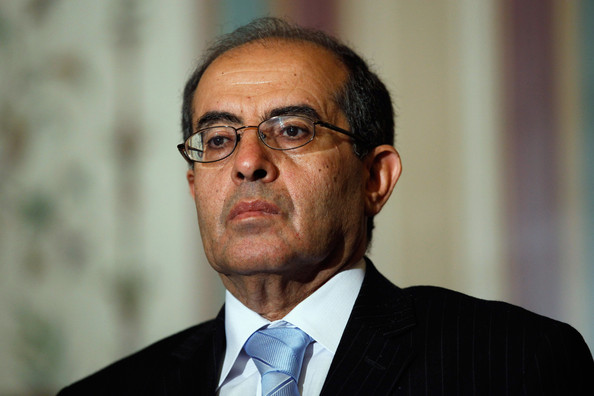
Tripoli, 26 September:
A family of . . .[restrict]Swiss engineers found guilty of helping Libya build a nuclear weapons programme nearly a decade ago has walked free, having already served their terms whilst awaiting trial.
Under the War Materials Act, the three engineers were charged with supplying centrifuge components and participating in an international nuclear smuggling ring. Marco Tinner was sentenced to 50 months in prison and fined SF100,000 and his brother Urs was given 41 months. Their father Friedrich Tinner was given a 24-month suspended sentence.
These light sentences, which are less than the time the Tinners have already served, pending their cases being heard by the Federal Court of Justice in Switzerland, were the result of a plea bargain, under which all three pleaded guilty. It is believed that the family’s cooperation with the CIA was also taken into account. They were ordered to pay court costs and fines and then allowed to walk free.
The Tinners’ involvement with the notorious nuclear smuggling network of Pakistani nuclear scientist Abdul Qadeer Khan dated back to the 1970s, when Friedrich Tinner met Khan at the Technical University of Berlin. Khan built up an extensive international ring which exported nuclear knowledge and technologies to Iran and North Korea as well as Libya. In 2004 the Pakistan government reported that Khan had confessed to providing gas centrifuge technology to Libya between 1991 and 1997, and placed him under house arrest until 2009.
As well as the involvement with the smuggling ring, Urs established sites in Dubai and Malaysia where centrifuge parts for enriching uranium were made, while his brother Marco dealt with supplies and administration. In 2003, Urs started cooperating with the CIA and it is thought that this involvement had impact on the slow progress of the case, as well as the lenient sentences.
The three family members were arrested in Germany in 2004 and 2005, but were later extradited to Switzerland. The seven-year investigation was hampered by the Swiss government’s destruction in 2007 of key case files.
The New York Times reported that the CIA had pressurised the Swiss government into destroying these files to prevent its links with the Tinners being exposed. However, the Swiss government say the move was to prevent rogue states gaining access to detailed nuclear plans . Moreover, because Switzerland is not a nuclear power, it is not authorised to hold documents relating to nuclear weapons.
According to the Arms Control Association (ACA), on 4 October 2003 German and Italian authorities intercepted a cargo ship carrying centrifuge components made in Malaysia, which was bound for Libya. Urs Tinner claimed in a 2009 interview that he had provided intelligence to the CIA about this shipment.
Two months after the cargo ship was seized, Libya’s Foreign Ministry renounced the country’s Weapons of Mass Destruction programme. Inspectors were invited to the country “to verify compliance with the agreements and assist in the dismantling of its weapons programs,” the ACA said.
In a 2004 interview Saif al-Islam Qaddafi told the Sunday Times that Libya had spent $40 million attempting to acquire nuclear capability. “We dealt with an underground network of middlemen and secret workshops,” he said.
In October 2008 Gotthard Lerch, a German scientist, was sentenced to five and a half years in prison for supplying uranium-enrichment equipment to Libya between 1999 and 2003.
[/restrict]









